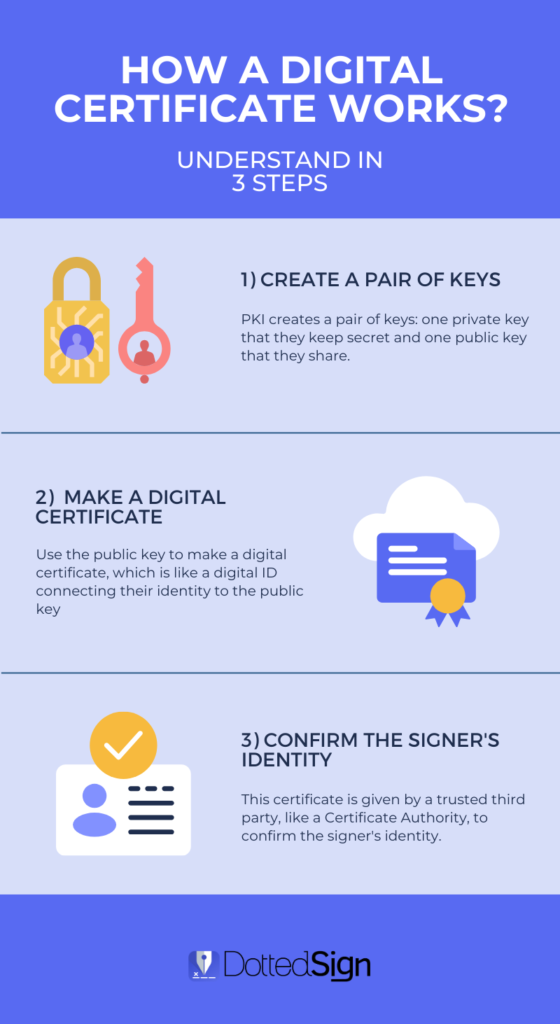Understanding Electronic Contracts: A Comprehensive Guide
In today’s digital age, electronic contracts have become increasingly popular. But what exactly are electronic contracts, and how do they work? If you’re unfamiliar with this concept, you’re not alone.
In this article, we will explore the ins and outs of electronic contracts and how they are revolutionizing our business. Whether you are a business owner or a consumer, understanding electronic agreements is essential in navigating the modern world of commerce. So, let’s dive in and discover everything you need to know about electronic contracts.
What is an Electronic Contract?
An electronic contract represents a legally binding agreement that is signed and executed digitally. Electronic contracts comprise vital components such as offer, acceptance, consideration, intention to create legal relations, and capacity to contract.
The Business Revolution: Electronic Contracts
Adopting electronic contracts in business transactions is beneficial across industries and functions because electronic contracts provide a secure and convenient alternative to traditional transactions laden with physical paperwork. It, thus, reduces paper wastage effectively, making it good for both business and the environment.
Electronic signatures (eSignatures) are integral to the e-contract process, acting as the anchor that authenticates the parties involved and solidifies their agreement to the terms and conditions. The role of eSignatures extends beyond mere formality, streamlining the contract process, and instilling security and trust in electronic transactions. In essence, electronic contracts and eSignatures represent a shift in the creation, signing, and execution of contracts in the digital age.
Types of Electronic Contracts
Electronic contracts and eSignatures have revolutionized the business world. By opting for eSignatures instead of traditional paper methods, businesses can cut administrative costs by 55-78%. In business agreements, different types of electronic contracts combine the formality of traditional contracts with the convenience of digital acceptance. Your choice of electronic contract depends on the specific situations where you’ll be presenting agreements. Here are some commonly used electronic contracts:
Click-wrap Agreements
Click-wrap agreements, also called click-through agreements, are common in online transactions and software downloads. This type of agreement is important because it sets out the terms and conditions for users. When you see an “I agree” checkbox, it means you’re accepting these terms. Users show they agree by clicking the “I agree” button before completing the transaction or installing the software.
The key here is to make sure these agreements are easy to understand, have a clear acceptance process, are easy to find, and are regularly reviewed to make sure everything stays in line with the rules.
Browse-wrap Agreements
Browse-wrap agreements work differently. Instead of explicitly agreeing, users are considered to accept terms just by using a website or app. This agreement relies on how clearly and prominently it’s presented, highlighting the importance of businesses ensuring it’s easy to see and understand. The key is making sure users are aware of and understand the terms without having to explicitly agree.
Scroll-wrap Agreements
Scroll-wrap agreements go beyond click-wrap agreements. With scroll-wrap, consumers need to scroll through the entire set of terms and conditions before they can click to accept the agreement.
Common Types of eSignatures for Electronic Contracts
Electronic Signatures
Electronic signatures offer several key features and benefits, including secure sending and signing of contracts, maintaining an audit trail for added transparency, and supporting additional levels of authentication for increased security. By using eSignatures, businesses can streamline their processes and reduce paperwork, resulting in cost savings and increased efficiency.
People can eSign documents in various ways, such as typing their name, using a stylus or finger on a touch screen, or utilizing digital signature technology that incorporates cryptographic features for enhanced security.
Digital Signature
Digital signatures provide a tamper-proof “digital seal” by using the signer’s private key to encrypt a document hash, creating a unique signature. This ties the signer to the document and ensures that any changes will invalidate the signature, providing higher security.

When making a digital signature with Public Key Infrastructure (PKI), the person signing does two things. First, they create a pair of keys: one private key that they keep secret and one public key that they share. They use the public key to make a digital certificate, which is like a digital ID connecting their identity to the public key. This certificate is given by a trusted third party, like a Certificate Authority, to confirm the signer’s identity.
Four Advantages of Electronic Contracts
Electronic contracts offer numerous advantages for businesses:
Higher Security Level Contracts
Digital signatures are pivotal in elevating the security level of electronic contracts. By utilizing advanced cryptographic techniques, digital signatures provide a tamper-proof seal that ensures the integrity and authenticity of the document.
The process involves the generation of a unique digital fingerprint, encrypted using the signer’s private key, which is then linked to the paper through a digital certificate. This safeguards against unauthorized alterations and verifies the signatory’s identity. With the implementation of digital signatures, electronic contracts gain an enhanced layer of security, protecting sensitive information and instilling confidence in the integrity of the digital transaction.
Fewer Errors with Electronic Contracts
Electronic contracts minimize errors through customizable templates and autofill functionalities. This saves time and significantly reduces the likelihood of human errors during data input. The flexibility to modify contracts efficiently enhances the overall deal-making process without having to recreate entire documents.
Operational Cost Reduction
Beyond error reduction, electronic contracts contribute significantly to operational cost reduction by eliminating traditional contract production expenses. This includes savings on paper, printing equipment, and postage fees, presenting a more environmentally sustainable approach. The advantages extend to faster turnaround times, reduced administrative overheads, and improved contract lifecycle management, showcasing the holistic benefits of embracing electronic contracts.
Sustainability
By transitioning from traditional paper-based contracts to electronic formats, companies contribute significantly to environmental conservation by reducing paper consumption, printing, and transportation-related carbon footprints. The shift to electronic contracts minimizes operational costs associated with paper, ink, and postage and aligns with eco-friendly practices, fostering a greener business environment.
How to Create and Manage Electronic Contracts
To create and manage e-contracts using eSignature solutions like DottedSign, follow these steps:
1. Generating an electronic contract: Use an eSignature solution like DottedSign to create a new e-contract by inputting the necessary details and clauses.
2. Negotiating: Collaborate with other parties involved in the contract by sending the electronic contract for review and allowing them to make revisions and comments.
3. Signing: Once the e-contract is finalized, use the DottedSign to send it for eSignatures. Signing parties can sign the contract digitally, saving time and eliminating the need for physical signatures.
4. Storing: Store the signed electronic contracts securely within the DottedSign, ensuring easy access and retrieval when needed.
5. Retrieving: When necessary, retrieve the electronic contracts from DottedSign for reference, auditing, or other purposes.

